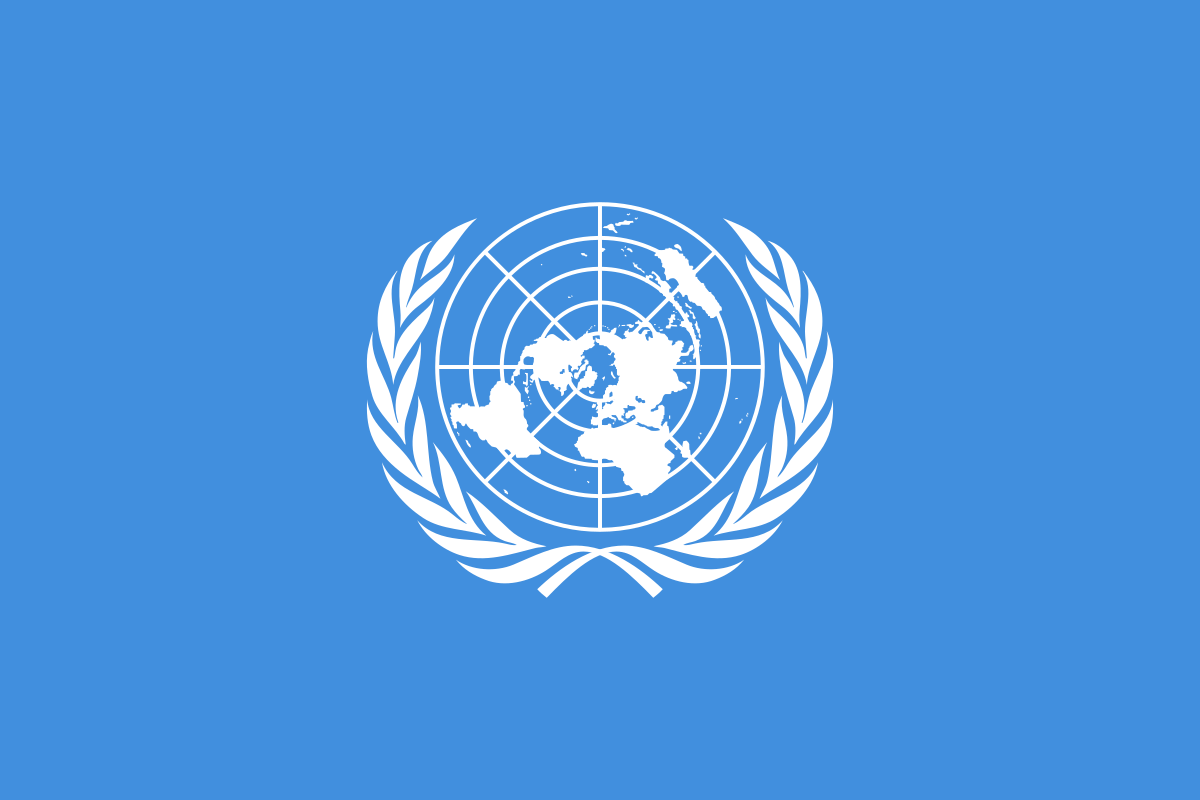Nigeria can’t achieve SDGs without gender equality – UN
Nigeria is battling endemic poverty and high maternal mortality because women who form 50 per cent of the country’s population are excluded…

Nigeria is battling endemic poverty and high maternal mortality because women who form 50 per cent of the country’s population are excluded from development, the United Nations (UN) Women has said.
The UN Women Country Representative for Nigeria and the ECOWAS Region, Beatrice Eyong who spoke at the ReportHerAwards organised by Women Radio in Lagos said fighting poverty and attaining the sustainable development goals (SDGs) would be elusive without gender equality. The awards recognised media houses and journalists for their commitment to gender-balanced reportage.
The UN Women Representative said the United Nations decided to endorse the award also supported by the government of Canada because of her concern about women not participating in development.
She said, “Our main issue is the fact that we have about 50 per cent of our people not being able to participate in development and this is actually one of the reasons we have feminisation of poverty, feminisation of morbidity, feminisation of mortality, non-achievement of the sustainable development goals (SDGs).
“It is very important for us to collaborate with the media to make sure that our message to say that if we don’t achieve gender equality and women empowerment, we are never going to achieve SDG, we are never going to reduce poverty, we are never going to see well-being in our nation because SDG is a very big responsibility, a big task and nobody is ever going to take away 50% of those who are supposed to contribute, to put them away, nobody is going to do that.
“It is also being said that if we do nothing for gender equality, it will take us 300 years to see gender equality. That is why we are so particular about working with the media.”
The UN Representative charged President Bola Tinubu to respect the Maputo Protocol of 50-50 in appointments into political offices, especially the ministerial appointment. “That is our belief, that is our hope and that is what we are advocating,” she added.
She also charged political parties to review their structures and make them more gender-inclusive.
Director-General of the National Broadcasting Corporation (NBC) who hailed the women radio for the initiative said it aligns with the goal of the corporation to protect the dignity of women as provided in the NBC Code section 301.
African Director for McArthur Foundation, Dr. Kole Shettima said the award is so dear to the heart of the foundation committed to gender inclusion.
In her remarks, Chief Executive Officer of Women Radio, Toun Okewale Sonaiya commended the Nigerian media for their “deliberate and intentional commitment” to gender-sensitive reportage.
